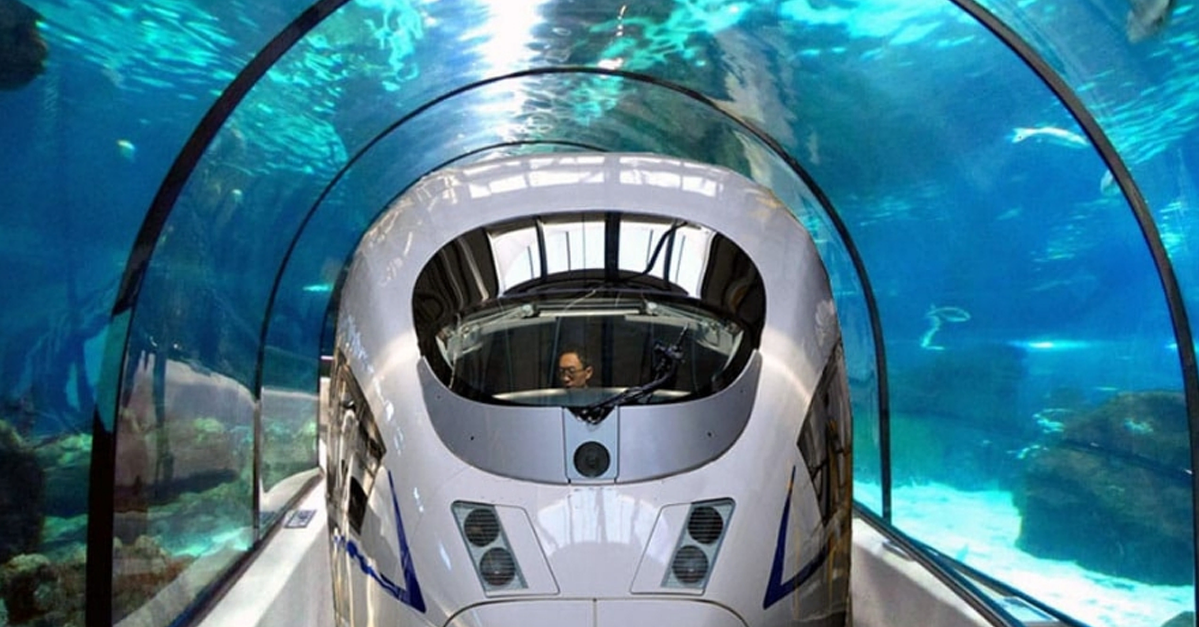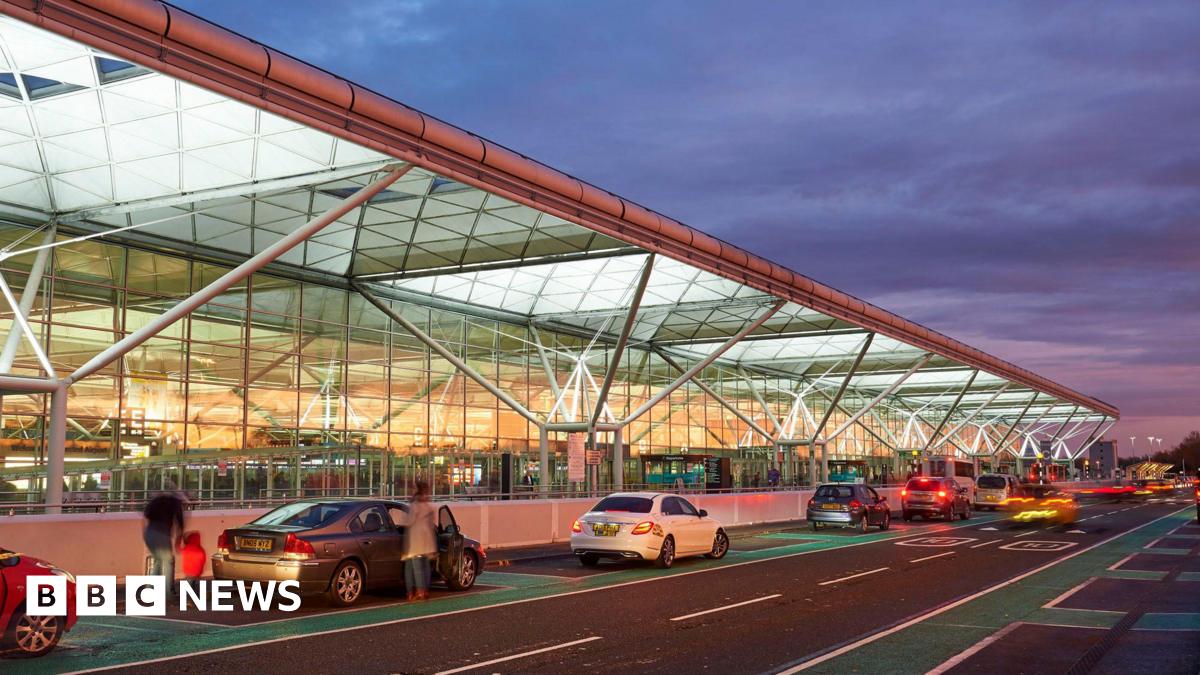The idea of a trans-Atlantic tunnel between the U.S. and the U.K. has fascinated writers, filmmakers and engineers for years. In 1865, Michel Verne — son of the French writer Jules Verne — wrote “An Express of the Future,” a short story about traveling between Boston and Liverpool. In 1913, German author Bernhard Kellermann published “Der Tunnel” about a man building a tunnel linking North America with Europe. The book was adapted into a 1935 science fiction film, released under the title “Transatlantic Tunnel” in the U.S.
More recently, claims about purported plans for such a tunnel reappeared online in mid-December 2024 after tech billionaire Elon Musk claimed The Boring Co., which he owns, could construct one for $20 billion — one one-thousandth of a commonly cited figure of $20 trillion.
Reposting an X post captioned “Proposed $20 Trillion tunnel would get you from New York to London in 54 minutes,” Musk wrote (archived): “The @boringcompany could do it for 1000X less money.”
(X user @elonmusk)
The Boring Co. builds transportation, utility and freight tunnels and is known for projects including the Vegas Loop, a tunnel system using Tesla vehicles to transport people around Las Vegas.
Musk’s reply had been viewed 84 million times at the time of this writing.
However, Snopes found no public evidence of concrete plans to construct this tunnel from any company or government agency. When asked about an official stance on the proposed project, the U.S. Department of Transportation pointed us to an interview with Transportation Secretary Pete Buttigieg on iHeartRadio.
In the Dec. 16, 2024, interview Buttigieg said of reports of trans-Atlantic tunnel plans that:
I’d call it more of “a concept of a plan.” It’d be pretty amazing, but … some of this Hyperloop — I mean it’s very exciting to think about but the things you have to do, the pressurization, the tunneling, I mean, you know, kind hard to … on today’s technology, hard to see how that happens.
We reached out to The Boring Co. to confirm whether such plans were being considered, but had not heard back at the time of this writing. The U.K. Department for Transport declined to comment, indicating that it was a question for The Boring Co.
Tunnel Project ‘Doable’ but Likely Not Affordable
While the idea of a trans-Atlantic tunnel has been brewing for years, one popular proposal came from two engineers.
In 2004, Ernst Frankel and Frank Davidson spoke to Popular Science about the concept of the “Trans-Atlantic MagLev” — a magnetically levitated train that could run through a tunnel in the Atlantic Ocean.
As envisioned by Frankel and Frank Davidson, a former MIT researcher and early member of the first formal English Channel Tunnel study group, sections of neutrally buoyant tunnel submerged 150 to 300 feet beneath the surface of the Atlantic, then anchored to the seafloor—thereby avoiding the high pressures of the deep ocean. Then air would be pumped out, creating a vacuum, and alternating magnetic pulses would propel a magnetically levitated train capable of speeds up to 4,000 mph across the pond in an hour. As Frankel and Davidson say, it’s doable.
The article gave an estimated project cost of $88 billion to $175 billion, equivalent to up to $147 billion to $291 billion in 2024, according to the Federal Reserve Bank of Minneapolis’ inflation calculator.
Reports in 2024 continued to point to the idea of magnetically levitated trains traveling through a vacuum tunnel as a potential way to make the transport link possible.
The concept, also called a Hyperloop, was popularized in 2013 by Elon Musk’s proposals for transportation in California, but the foundational idea can be traced back to the British mechanical engineer George Medhurst, who published on the subject in 1812.
Speaking to Forbes in 2016, Frankel confirmed that he still believed in his and Davidson’s idea but that cost remained a prohibitive factor. The Forbes article also amended the original estimated travel time of one hour. Frankel told Forbes that, in a perfect world, a trans-Atlantic undersea maglev train could reach speeds of up to 1,200 mph, meaning a three- to four-hour trip between London and New York.
As for the cost, Snopes has not tracked down a credible source for the $20 trillion figure. Aside from Frankel’s $175 billion estimate in 2004, we also found a $12 trillion proposal on Maglev.net, a site about magnetic levitation technology developments, from 2013. This figure also did not have an obvious source. We have reached out to Maglev.net for more information.










